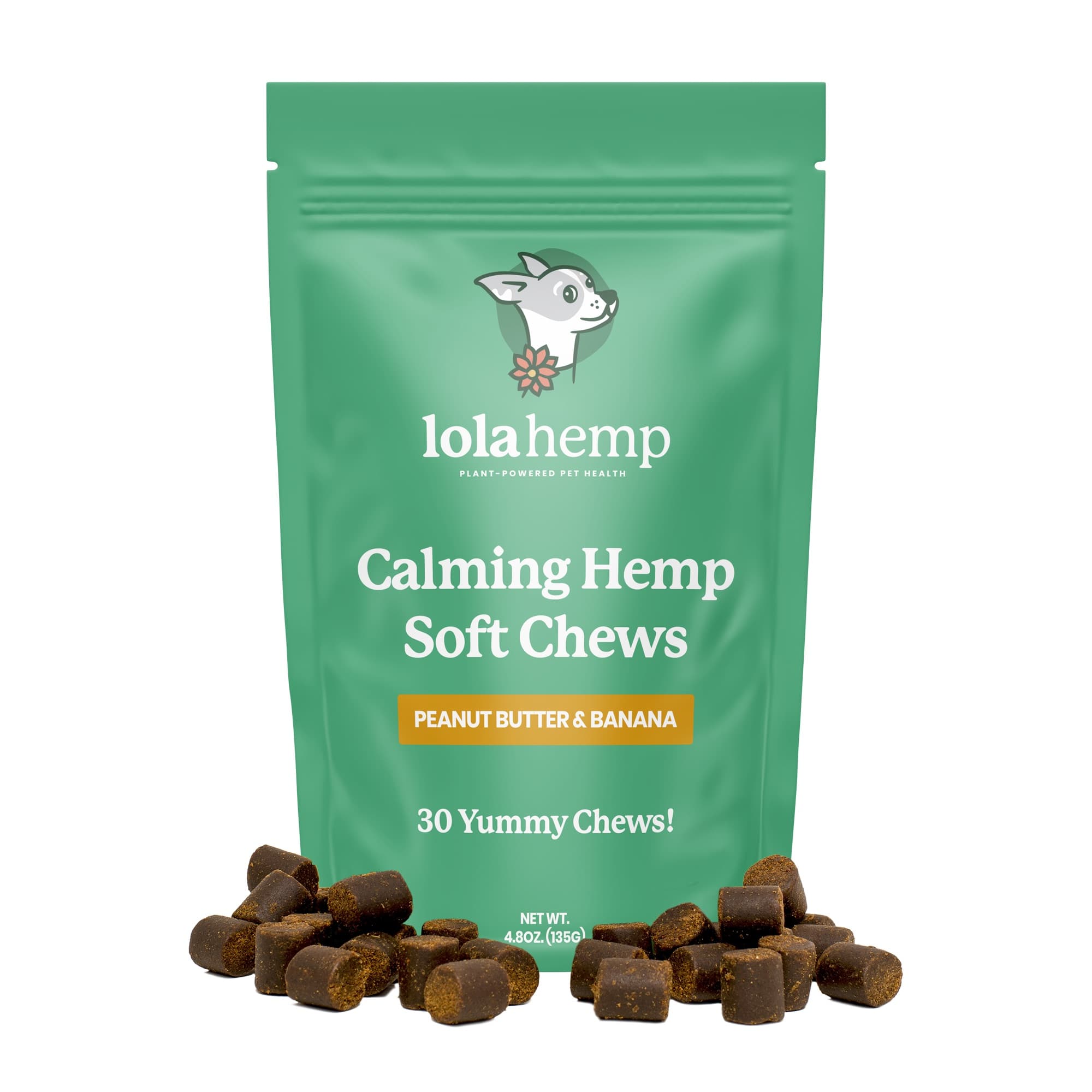Dogs are incredibly sensitive to their environment, and sometimes, this sensitivity can lead to overreaction. Whether it’s fear, anxiety, or aggression, reactive dogs can display unwanted behaviors that cause stress both for themselves and their owners. CBD may be able to promote a more balanced emotional state in your dog, allowing them to react more appropriately to stressors.
The relationship between CBD and the ECS may prove to be very helpful when training difficult or reactive dogs, let's learn more.
How Can CBD Oil Help Reactive Dogs?
Reactive dogs often struggle with issues like fear, anxiety, and aggression, which can be triggered by a variety of factors. CBD oil can help manage these behaviors by promoting relaxation and lowering the odds that your dog will get distracted during your training sessions.
Here’s how:
- Calming Effect: CBD helps balance your dog’s ECS, promoting a calm demeanor and contributing to an internal state that is conducive to focus.
- Limiting Overstimulation: CBD may reduce overly aggressive behavior by padding overstimulation of the nervous system.
- Improved Focus: For dogs that become overwhelmed by their environment, CBD may help them maintain focus, limiting emotional outbursts.
It's important to remember that all dogs are different, but the majority of pet owners who use calming CBD for these purposes with their dogs notice a significant result. So, while CBD will not "cure" your dog's reactivity, it can serve as a useful tool in the process of adjusting their behavior.
Situations When Reactive Dogs Could Benefit from CBD
If your dog displays signs of reactivity, such as barking excessively, growling, lunging, or avoiding situations out of fear, CBD oil may help alleviate these issues. It can be particularly useful in the following situations:
- Thunderstorms: If your dog is afraid of loud noises, CBD may provide relief from noise-induced anxiety.
-
Prior to Training Sessions: If you're working on your dog's behavior, training sessions can be made more successful if your dog is focused and calm with the help of CBD oil.
- Car Rides: For dogs that get stressed during car trips, CBD can offer a calming effect.
- Veterinary Visits: CBD may help reduce the stress of a vet visit, especially for dogs who become anxious around new people or places.
- Walks: If your dog shows fear or aggression toward other dogs or people on walks, you may find the CBD softens their behavior or allows you to have a better command over them.
How to Administer CBD Oil to Your Dog
To use CBD oil for your dog, it’s important to follow the correct dosage and method of administration. Here’s a simple guide:
- Start Low, Go Slow: Begin with a small dose, and monitor your dog’s response. If needed, gradually increase the dosage until you see the desired effects.
- Mix with Food: Many dogs won’t mind the taste of CBD oil when mixed with food or treats. If your dog is particularly picky, consider using a flavored CBD oil designed for pets.
- Use a Dropper: Most CBD oils come with a dropper, which makes it easy to administer directly into your dog’s mouth or on their food.
Note that calming CBD chews are available for dogs as well, and these can be a much easier way to administer your dog's dosage.
Is CBD Oil Safe for Dogs?
CBD oil is generally safe for dogs, but there are a few precautions to keep in mind:
- Quality Matters: Always choose high-quality, pet-safe CBD oil that is free from THC and other harmful substances.
- Consult Your Veterinarian: Before giving CBD to your dog, especially if your pet has underlying health issues or takes other medications, check with your vet to ensure it's a good fit.
- Monitor for Side Effects: While rare, some dogs may experience mild side effects like drowsiness or upset stomach. If this occurs, reduce the dosage or stop use and consult your veterinarian.
Conclusion: CBD Oil as a Solution for Reactive Dogs
CBD oil can be a powerful tool in helping reactive dogs manage anxiety, aggression, and fear-based behaviors. By interacting with your dog’s ECS, CBD promotes a sense of calm and can improve their overall well-being. However, always consult with your veterinarian before introducing a new supplement to your dog’s routine to ensure it's safe and beneficial for their specific needs.









